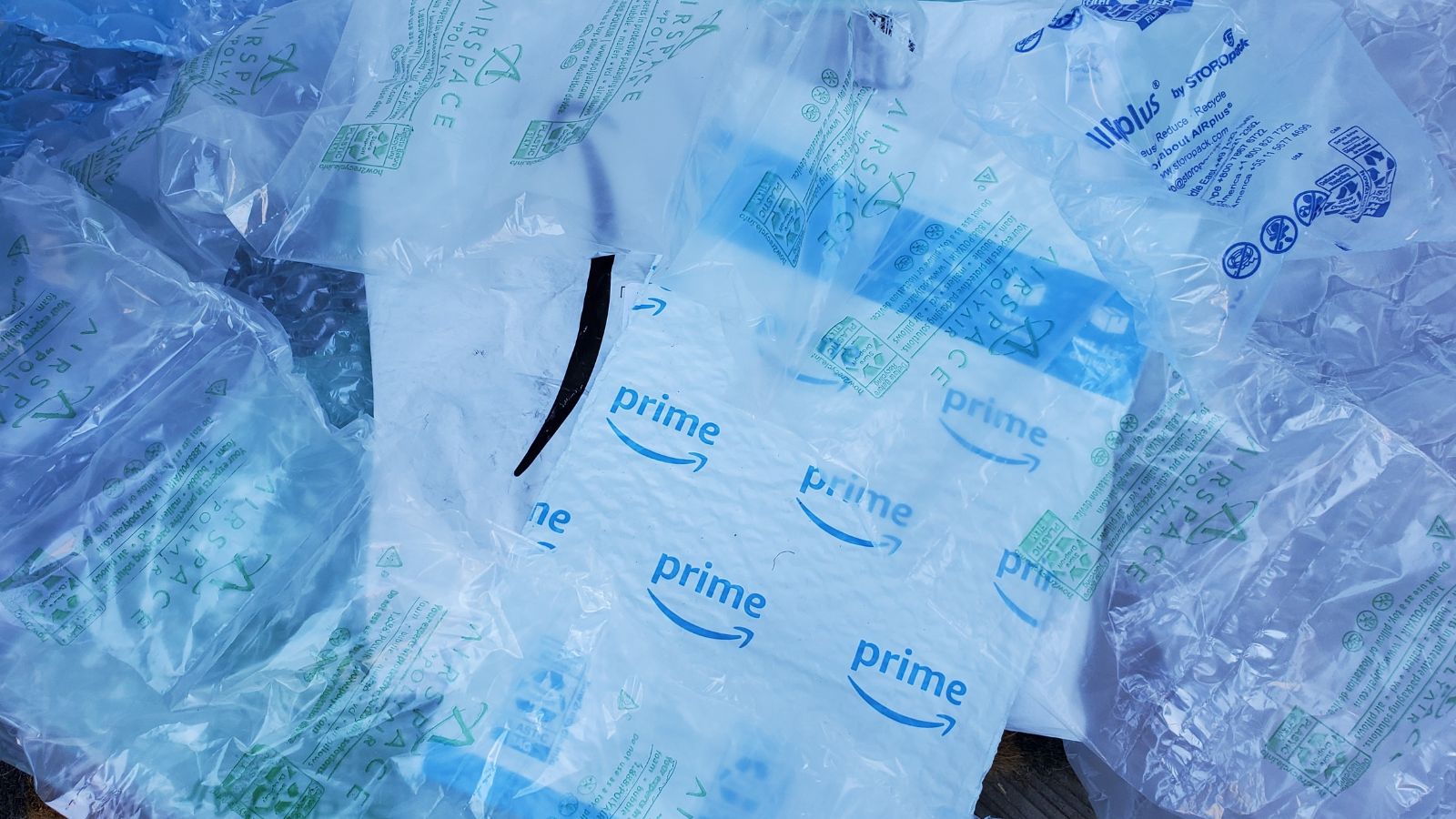Wildlife Over Waste Beach Cleanup
Environment Illinois hosted its first Wildlife Over Waste Beach Cleanup at Montrose Beach in Chicago, cleaning up over 90 pounds of trash.
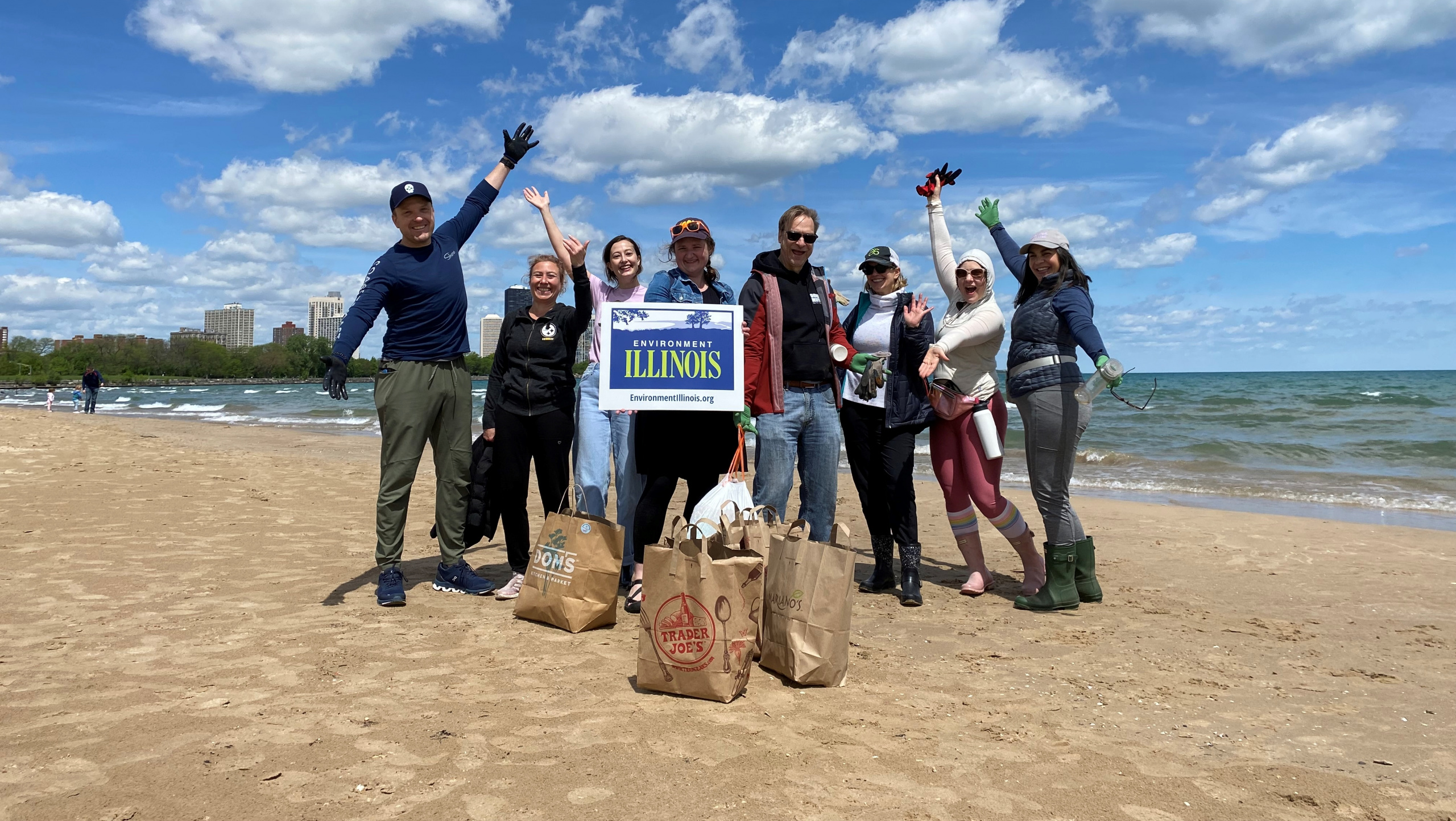
Each year, 22 million pounds of plastic debris enters the Great Lakes, nearly half of which is in Lake Michigan. Every day, people throw away tons of plastic “stuff” — cups, plates, bags, containers, forks, knives, spoons and more. One of the worst forms of plastic pollution is polystyrene foam, which can take up to 500 years to biodegrade. Americans throw away an estimated 25 billion polystyrene cups every year, or about 82 cups per person.
All these statistics- 22 million pounds of plastic, 25 billion polystyrene cups- are astounding numbers, but reading the research is inherently different from experiencing the issue in your own community. That is why, this past weekend, Environment Illinois hosted its first Wildlife Over Waste Beach Cleanup at Montrose Beach in Chicago.
The day before the cleanup, it rained all day, washing away many of the large pieces of plastic into Lake Michigan. When we arrived on site, there didn’t appear to be much plastic on the beach, at least not at first glance. As we began to search the beach for trash, the amount of small bits of plastic, plastic bags, styrofoam and other trash we found was alarming. Every few feet, we found another shard of plastic or another bottle cap in the sand.
While the whole bottles and wrappers were easier to spot along the shore, the tiny, fragmented pieces of plastic above and below the surface of sand would take more than just a few hours on the beach to clean up. Ingesting these fragments is often fatal for wildlife and since plastic isn’t biodegradable, almost every piece goes on to pollute our environment for hundreds of years–even if we only use it for a few minutes.
After several hours of picking up trash, our small but mighty group of volunteers managed to clean up a whole 90 pounds of trash from the beach From the first impression of what seemed like very minimal litter on the beach, to hauling several heavy bags of trash off the shore by the end of the day, we realized that just one beach cleanup would not be enough to make a dent in this pollution problem.
It was amazing to see our volunteers clean up the community but we know that these cleanups are a temporary solution to a much larger problem. This is an issue that goes beyond individual consumer choices and requires policies that will hold manufacturers and distributors responsible for the plastic pollution they put into the world. That is why Environment Illinois, with the support of our members, is working to pass a statewide ban on polystyrene foam in Illinois.
In order to build political support and pressure to pass this policy, we have launched our summer canvass, led by our Canvass Director and lead Campaign Associate Paloma Paez-Coombe. Paloma has been a leader on our canvass team for years and has worked to train a new generation of young and motivated people ready to go out and fight for the environment. This summer, Paloma and a team of passionate activists who care deeply about the environment will knock on thousands of doors across the state with a goal of talking to 14,000 Illinoisians and collecting over 8,000 petition signatures to call for change. In doing so, we aim to show the overwhelming support there is for ending plastic pollution, and convince our legislature to ban foam take-out cups and containers in our state.
Moving beyond polystyrene foam is something we can do right here, right now. We have the opportunity to build momentum for this policy in Illinois and with your support, we can work to protect our wildlife and keep our water plastic-free. It’s time to move beyond plastic and choose wildlife over waste.
Thank you to all who came out to clean up our beaches and all those that support our policy work. We hope to see you next time!
Topics
Authors
Maya McMurray
Find Out More
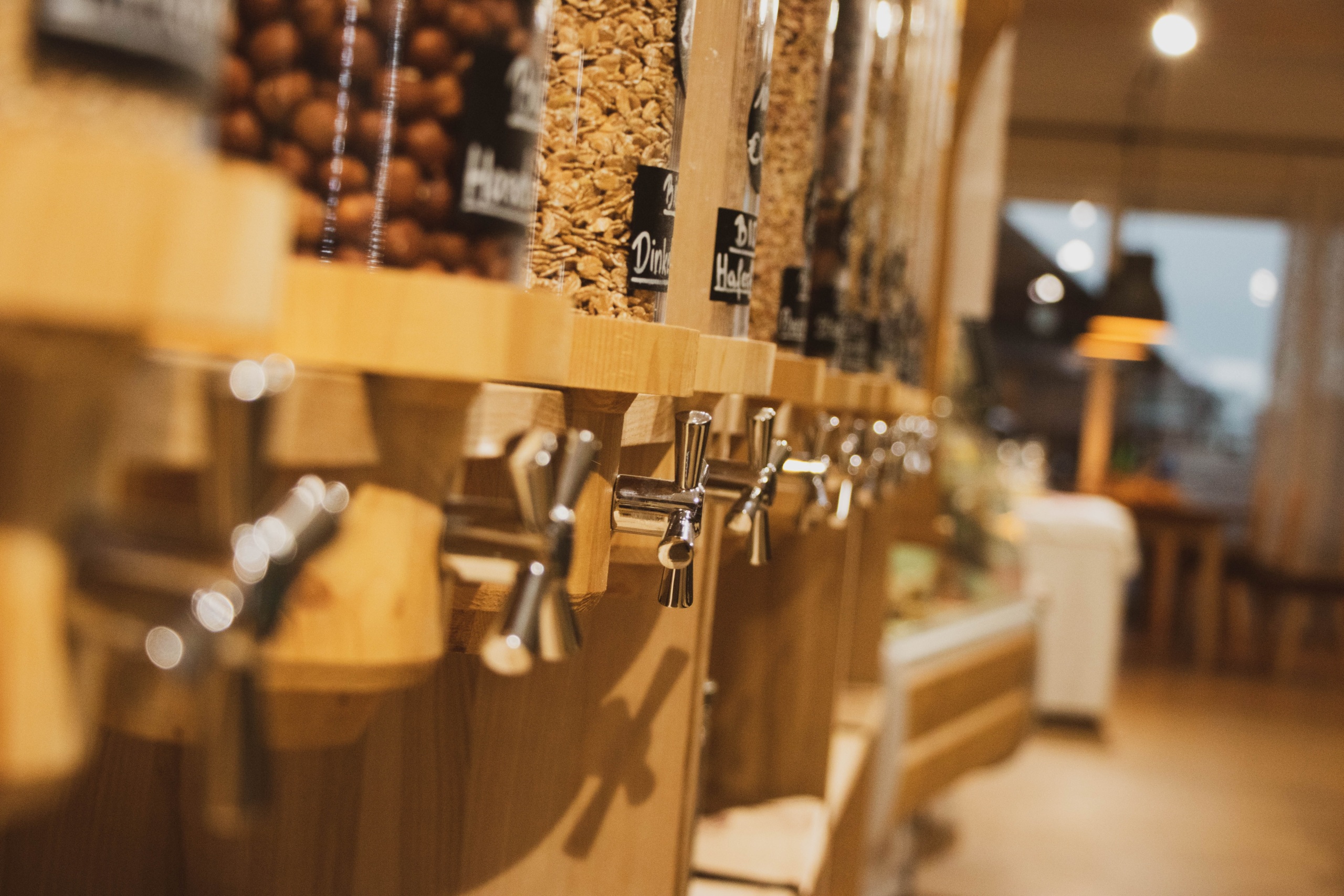
Ditch plastic packaging: Shop at your local refillery
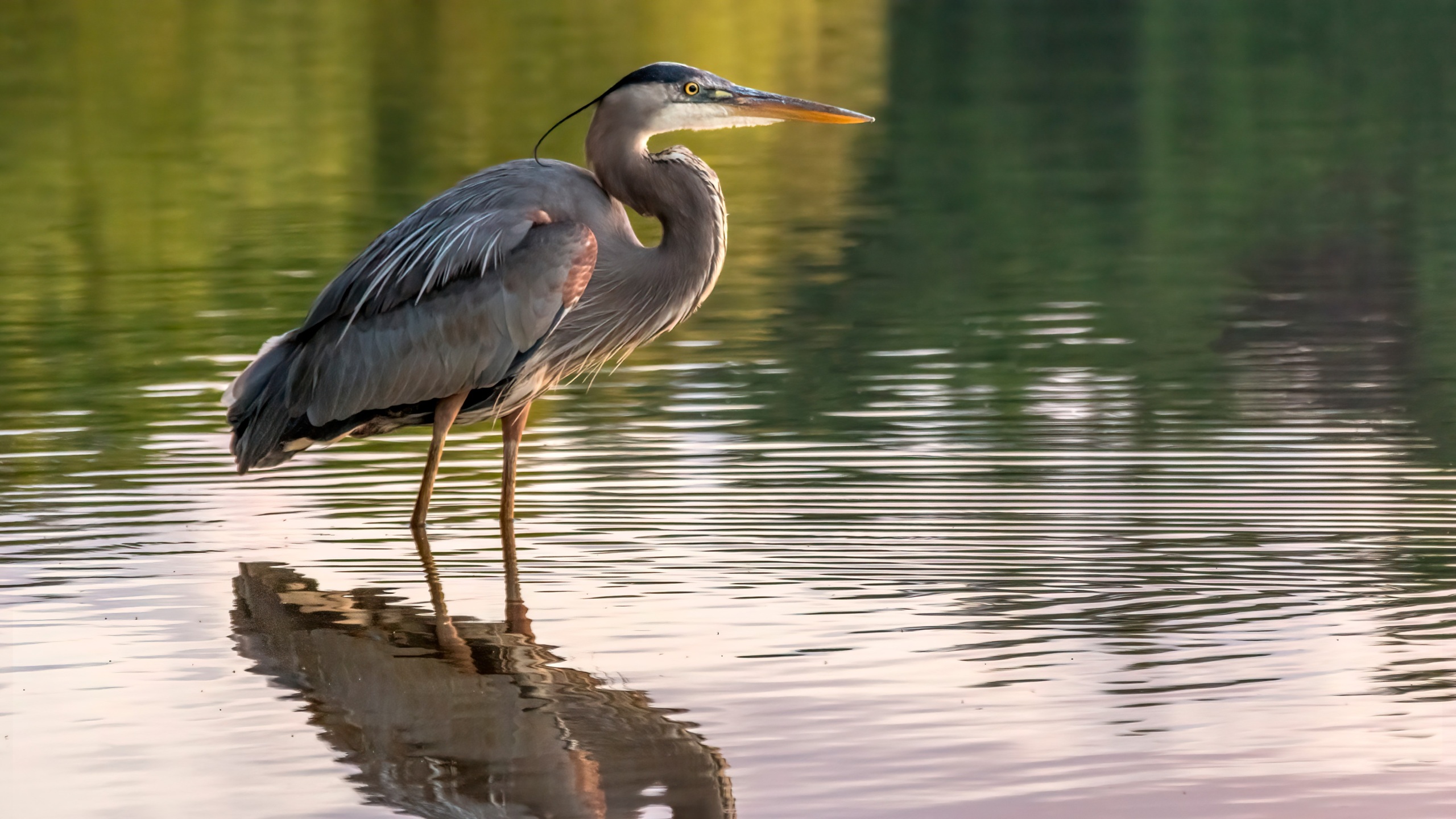
Illinois should put wildlife over waste
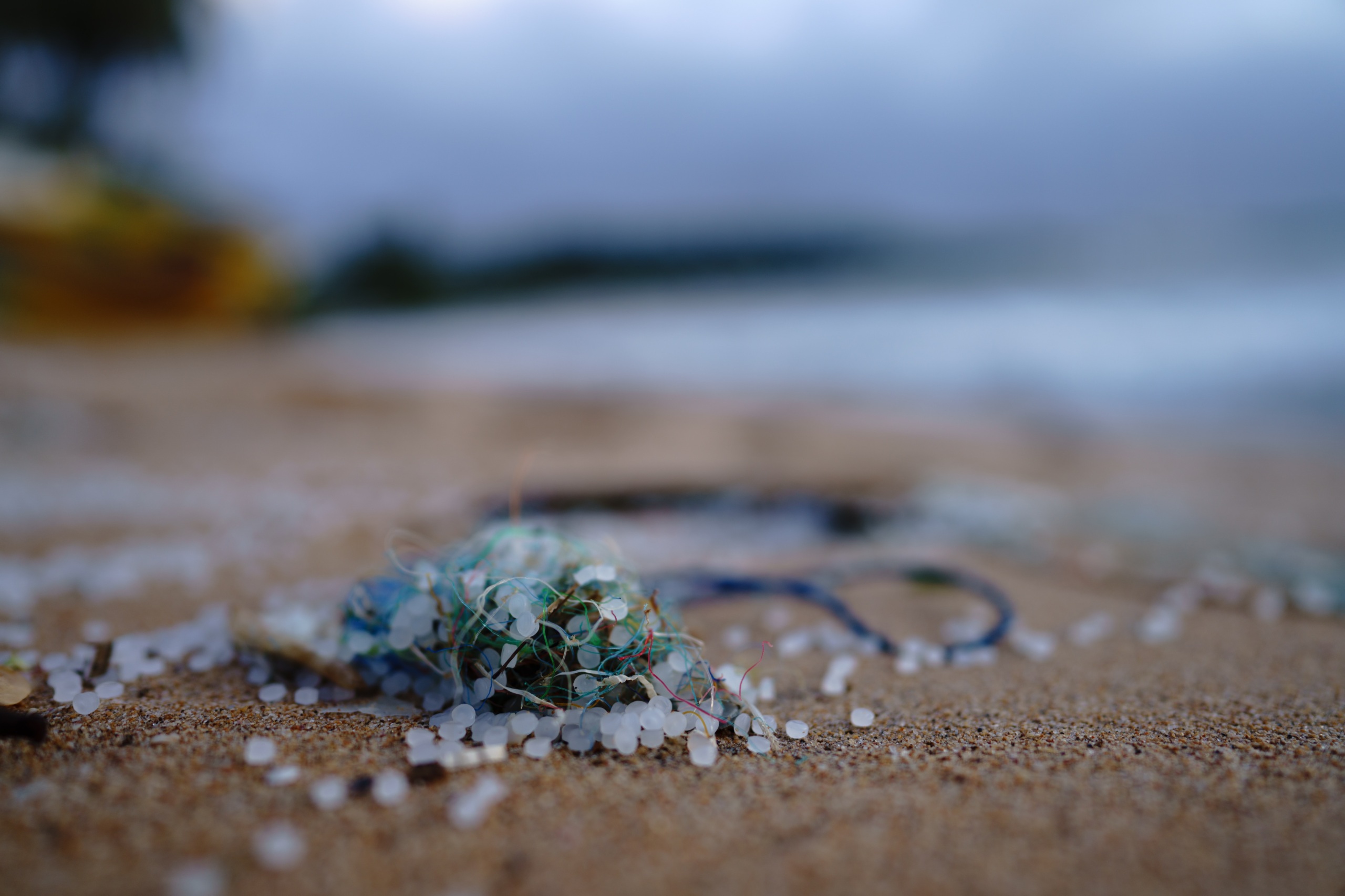
Millions of tiny plastic pellets are being dumped into our waterways
